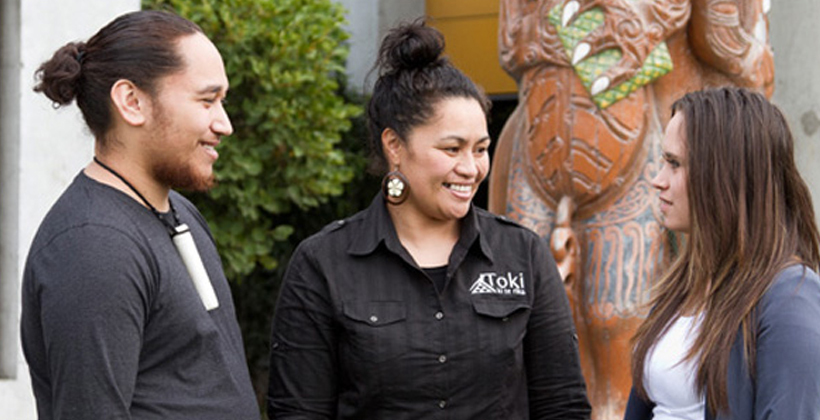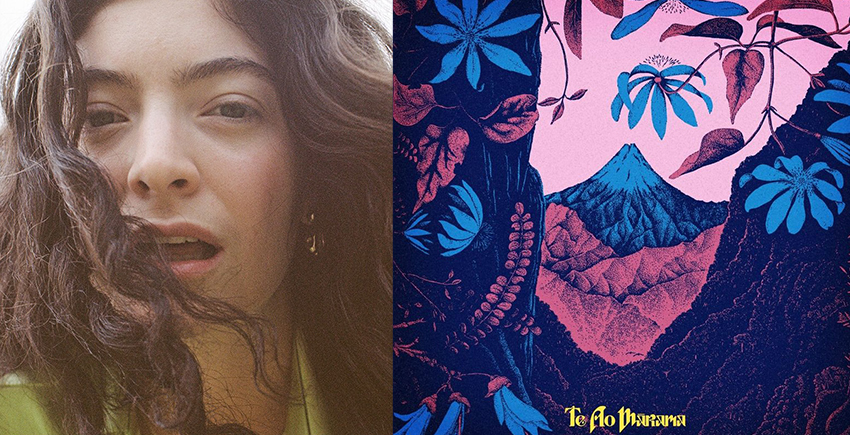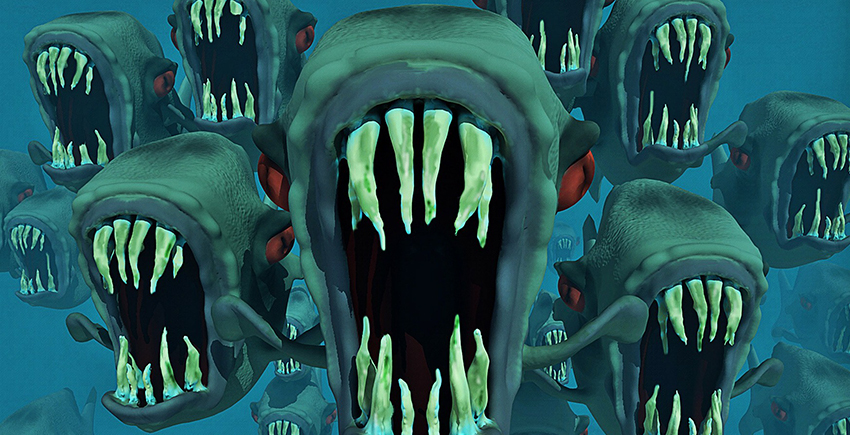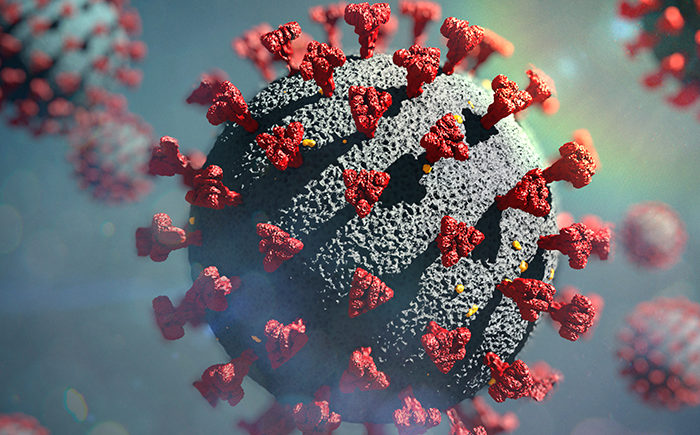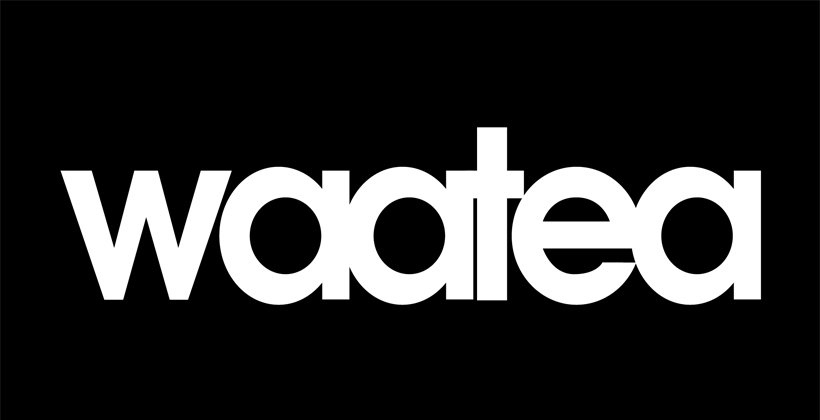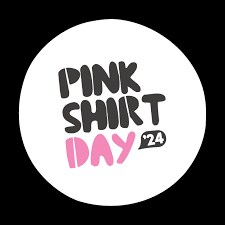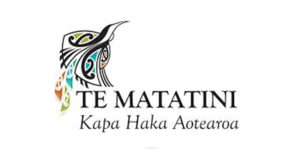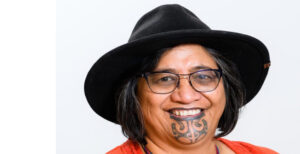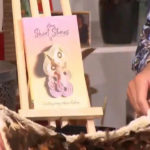November 01, 2021
HE WHAKAARO | OPINION: Celebrating Māori fiction


By Atakohu Middleton
Kaiako/Lecturer, Te Wānanga Aronui o Tāmaki Makau Rau/Auckland University of Technology
I’m reading the book Hare Pota me te Whatu Manapou at present. Yep, that’s Harry Potter and the Philosopher’s Stone. It’s a translation into Māori by the incomparable Heketū Blake, and it’s widened my vocab in a way I didn’t know I needed.
For example, in te reo, the word Muggles (in the Pota-verse, people with no magic blood) is Makuware, which made me giggle as it made me think (as Heketū probably intended) of ware, which means a nobody or a commoner. I guess if the valued norm in your community is magic blood, then everyone else is a ware in comparison.
That’s the joyful thing about reading: the places your imagination can go.
Hari Pota me te Whatu Manapou is one of the fruits of Kotahi Rau Pukapuka, a project to provide 100 books into te reo. The majority are translations of notable books. It’s a laudable aim and the books are entertaining, but they highlight how little reo-Māori writing we are producing for ourselves; stories that spring straight from our own world views into te reo.
Me mihi ka tika, then, to the Pikihuia Awards for Māori Writers. These biennial awards, run by the Māori Literature Trust Te Waka Taki Kōrero in collaboration with Huia Publishers, aim to unearth new Māori short-story talent.
While Huia is particularly interested in nurturing reo-Māori creativity, as that’s where the shortage is, Māori literature, of course, comes in English as well.
This year, there were hundreds of entries, blind-judged and whittled down to 18 finalists. The stories covered subjects as wide-ranging as mental health, language revitalisation, the health sector, lockdown and coming of age.
The awards ceremony, normally an in-person event in Te Whanganui-a-Tara, was postponed by covid then forced online on Saturday. And here, e hoa mā, are the results:
First-time writer in te reo Māori, judged by academic Vini Olsen-Reeder.
Winner: Ngā Hoa Hoariri by Bonice Ropiha (Ngāti Kahungunu), Napier. Bonice is a student at Te Kura Kaupapa Māori o Te Ara Hou. The school’s students entered five stories between them, and this so impressed Huia co-publisher Brian Morris that he gave the kura a one-off gift of $500 to spend on Huia books.
Highly commended: He Rūkahu Rānei by Panitahi Howe (Ngāti Manawa), Napier; Ki Hea Noa Iho? by Jordanah-Lee Hohipa (Tūhoe), Auckland.
Emerging writer in te reo Māori, judged by Television New Zealand journalist Maiki Sherman.
Winner: Pōhutukawa me Tana Āporo by Zeb Tamihana Nicklin (Ngāti Pāhauwera, Tūhoe, Ruapani, Ngā Tokorima a Hinemanuhiri, Ngāi Tāmanuhiri), Palmerston North.
Highly commended: Wairua by Atakohu Middleton (Ngāti Māhanga), Auckland.
Iti te Kupu, Nui te Kōrero by Zeb Tamihana Nicklin (Ngāti Pāhauwera, Tūhoe, Ruapani, Ngā Tokorima a Hinemanuhiri, Ngāi Tāmanuhiri), Palmerston North.
First-time writer in English, judged by broadcaster and doctor Emma Espiner.
Winner: Food Porn for the Incapacitated by Merryn Jones (Ngāti Kahungunu ki Wairoa), Hastings.
Highly commended: The Skinhead by Te Ariki Wi Neera (Ngāti Toa Rangatira), Kāpiti Coast.
Argentine Ants and My Search for Hawaiki by J. Wiremu Kane (Ngāpuhi), Thames.
Emerging writer in English, judged by broadcaster Carol Hirschfeld.
Winner: Two Letters by Nadine Anne Hura (Ngāti Hine, Ngāpuhi), Porirua.
Highly commended: Let It Be/Waiho by Chris Reed (Ngāti Porou), Auckland; The Bus Driver by Miriama Gemmell (Ngāti Pāhauwera, Ngāti Kahungunu ki Te Wairoa), Raumati Beach.
Due to covid travel restrictions, organisers brought each group of writers and their judges together the week before last to pre-record their thoughts about their writing, and these kōrero were revealing.
First-time writer Te Ariki Wi Neera confessed that he wrote his dramatic pūrākau, The Skinhead, “just to see if I could”. Looking a bit nonplussed, he said, “I feel a bit of a tin-arse being here”. Nothing tin-arsey about it – Newsroom has published his story here.
It was also heartening to see how many rangatahi entered. One of them, Anthony Pita, set his story, about mental health, in a high-school party. “I wrote it at 3am or 1am after a high-school party,” he said, “so it’s pretty fresh, pretty raw … and I hope everyone learns a thing or two from it”. Read it here.
The ceremony ended with a karakia over the new book, pictured above. I’m a firm believer that we can all write compelling stories about our authentic Māori perspectives, and Huia gives us a chance to have a go. We descend, after all, from long lines of expert storytellers. Hīkina te mānuka, hīkina te pene!
- All winners and finalists, plus selected entries from the awards, have been published in the book Huia Short Stories 14, which was launched at the online awards ceremony. It’s available in bookshops or order a hard copy or e-book at huia.co.nz. The awards ceremony is here.
Radio Waatea and its board would like to advise that the opinions posted are those of Atakohu Middleton and not the views of Radio Waatea, its management or its board.

